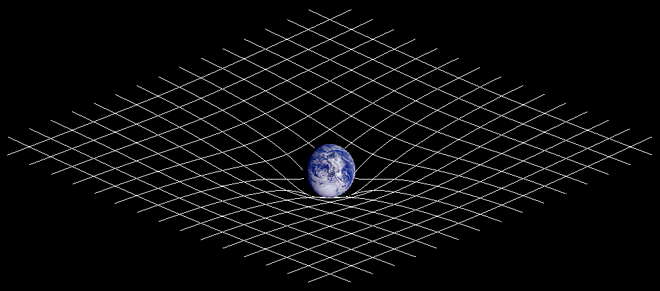I found this extremely interesting, but I need a bit more clarification. I don't speak mathematese, sorry,although I do realize that mathematics is a language all of its own that can't really be translated into other languages. Even so, Chris, I'd like you to try.60moo wrote:
Something relevant to this topic that has always eluded me: When an object is accelerated towards the speed of light, how much of the applied energy goes into the increase in velocity of that object, and how much goes into increasing the object's mass?
All of it, and all of it. They're not competing. You will get an increase of mass according to KE = (m-m0)c^2. You will also get an increase in velocity according to KE = m0c^2 (c/sqrt(c^2-v^2) -1)
This is how I understand the acceleration and increasing mass thing. In order to make a physical object accelerate, you need to impart a parcel of energy to it (you need to give it a "push"). In the world inhabited by us humans, dealing with speeds that are possible for us humans, almost all of the imparted energy with be transformed into increased speed for the object. In other words, step on the accelerator and you will go faster without putting on weight. (Or increasing your mass, sorry, because putting on weight and increasing your mass is not necessarily the same thing.)
But as your speed increases more and more, less and less of each additional "parcel of energy" will actually increase your speed. More and more of each added unit of energy will increase your mass instead.
The way I understand it, this relationship between mass and speed has something to do with the fact that it is impossible for a physical object to move faster than light, or even to move as fast as light. When you begin to approach the speed of light, most of each additional unit of energy will make you more massive than you were before, and less and less of each additional unit of energy will increase your speed. In the end more energy will just make you more massive without increasing your speed at all.
That is how I understand it. I totally believe you when you say that the mathematical formulae that you quoted makes this relationship between speed, mass and energy crystal clear. But I, who don't speak mathematese, find myself swimming in muddy waters.
Is it possible for you to explain these things in a more non-mathematical way?
Ann

